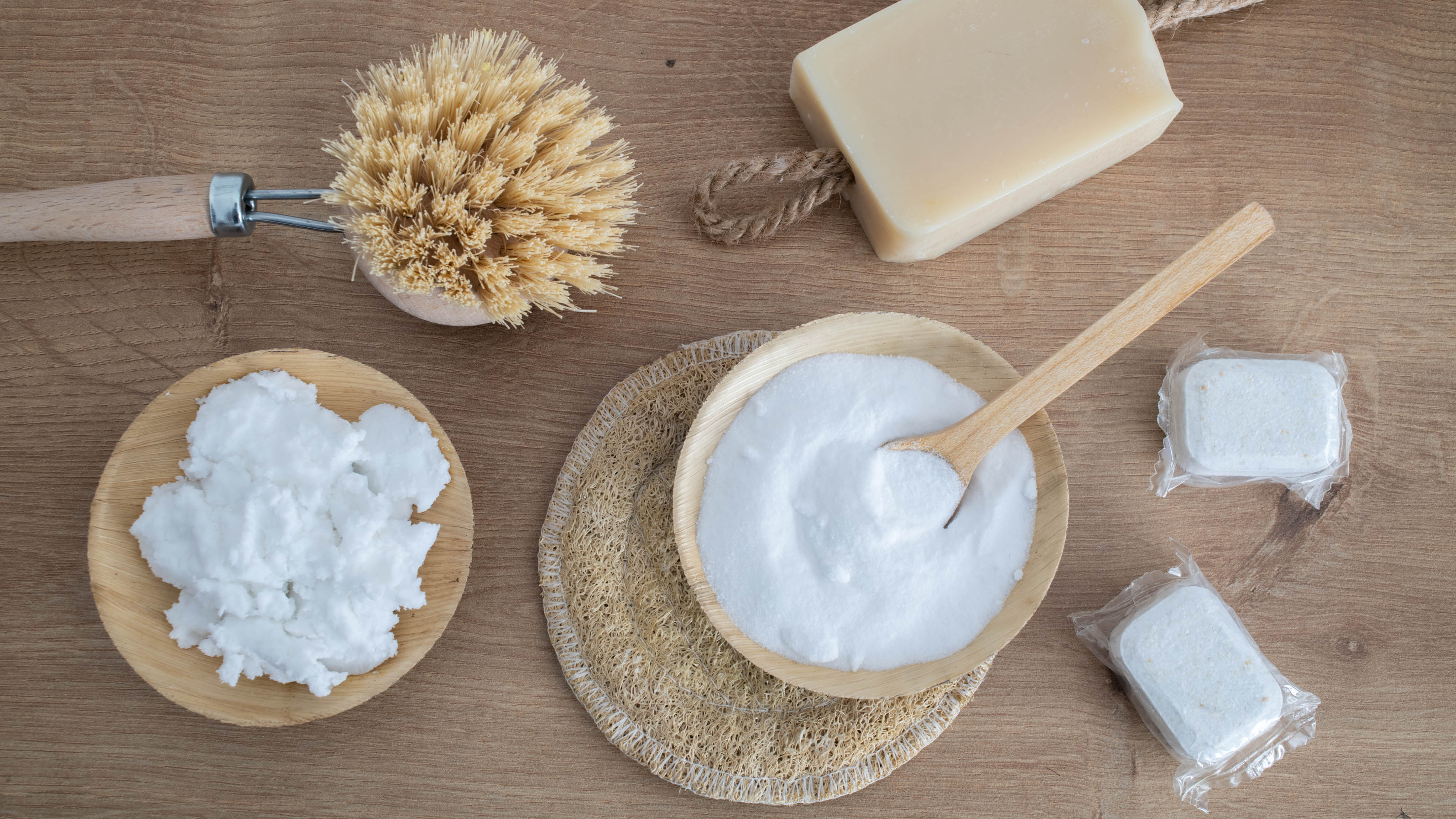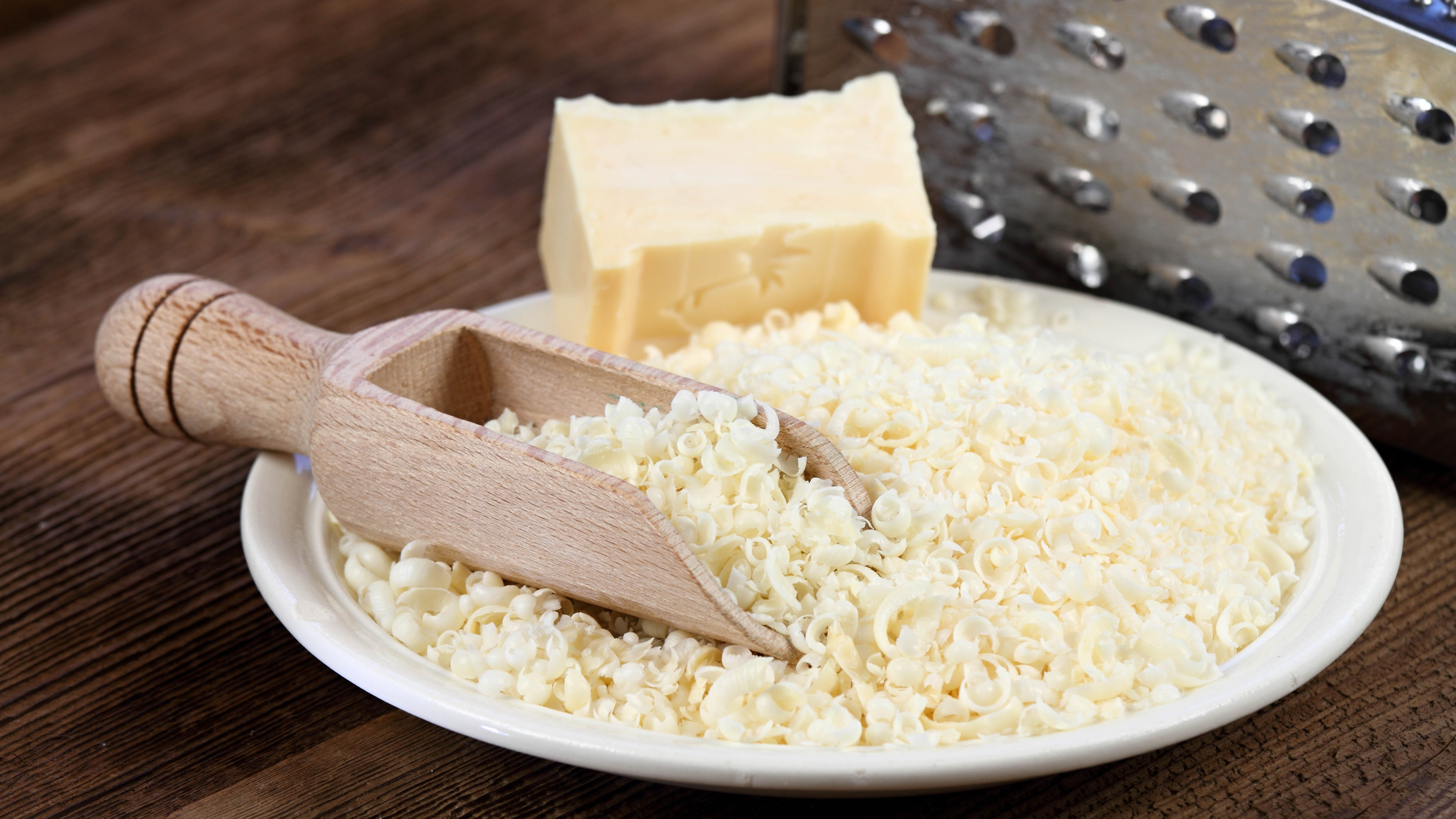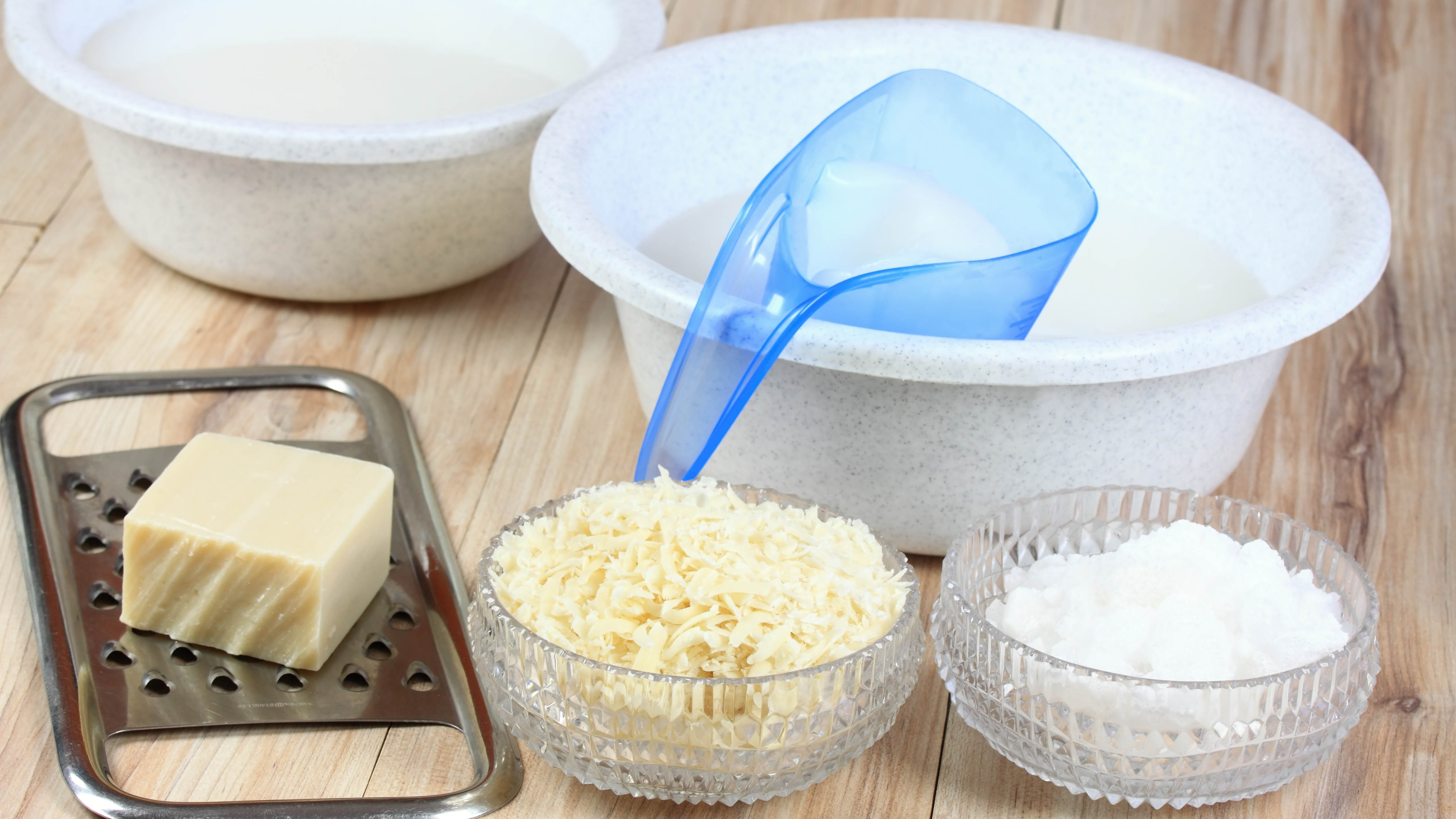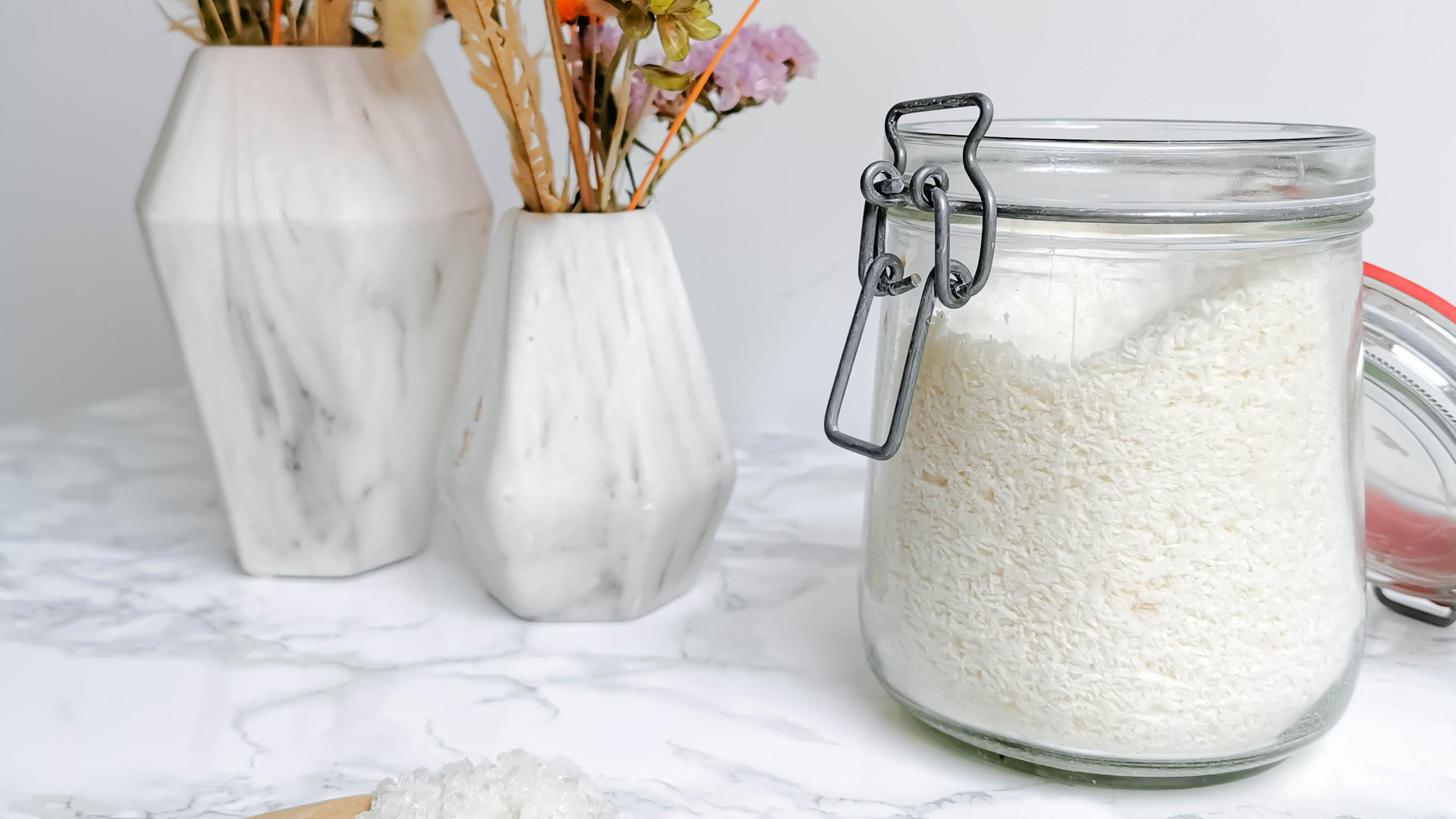How to make your own laundry detergent and save money
Here’s how to make your own laundry detergent and never buy boxed again

Knowing how to make your own laundry detergent can save you some serious bucks over the long run. Depending on the brand, laundry detergent can cost as much as $10 a pack, and if you include fabric softener, the price soon mounts up. Most of us have a tendency to use more detergent than necessary, too, which is literally pouring money down the drain.
The good news is that you don’t have to rely on high street brands to get clean clothes. You can easily create your own laundry detergent using just a few household products. Not only will this save you money, you will know exactly what goes into your detergent, which is a bonus. Curious to know more? Here’s how to make your own laundry detergent.
Worried about your energy bills? Check out 10 ways to save energy this summer and lower your bills. While you're at it, here are 9 ways you could be wasting water and not know it.
Plus, here are 9 things you didn't know you could do with borax.
How to make your own laundry detergent

Borax
Washing soda
Bar of soap (fragrance optional)
Rubber gloves
Face mask
Airtight container
1. Break down the soap — The first step is to break down the soap to a fine consistency. You could use a cheese grater to achieve this, or if you want to speed up the process, use one of the best food processors. If you choose the latter method, use the grate disc attachment first, then process the soap with the standard blade to turn it into a powder-like consistency. Clean-up will be a breeze too as these tools already have soap applied.
You could opt to buy soap flakes to save on this step. Remember to choose a soap with essential oils mixed in if you want your detergent to have a scent.

2. Measure out your quantities and mix — There's no limit on how much of this detergent you can make, but keep in mind that you will have to store what you create. In any case you will need to combine two parts Borax to two parts washing soda and one part soap.
Sign up to get the BEST of Tom's Guide direct to your inbox.
Get instant access to breaking news, the hottest reviews, great deals and helpful tips.
Mix these ingredients together in a large mixing bowl while wearing gloves and a face mask — use a wooden spoon or manual whisk to mix. We would not recommend using an electric hand mixer or one of the best stand mixers as you could easily make a mess.

3. Seal and store away — And that’s it, your very own laundry detergent. Be sure to store it in an airtight container away from the curious hands of little ones. It’s a good idea to label it for future reference as well.
How much should you use?
Ideally you want to use 1-2 tablespoons of this detergent for the average load, but you can adjust depending on how much you’re washing. This homemade detergent can also be used for hand-washing.
If you’re finishing up what’s left of your current detergent before you start on your own brand, be sure to follow the instructions for dosage and don’t overuse it. Too much laundry detergent will not improve the cleaning performance, even if you have one of the best washing machines. If you've ever wondered which is better when it comes to powder vs liquid detergent, be sure to check out our guide.
What if you have sensitive skin?
If you have sensitive skin, choose a gentle soap such as Dove ($9.97, Amazon) for this recipe. You should also swap out the Borax for baking soda, which is just as effective. If you want to add a natural fabric softener, simply add ½ a cup of distilled white vinegar to the final rinse cycle. Remember to never mix bleach with distilled white vinegar though — this creates a lethal chlorine gas.
For more saving tips, check out how to make your washing machine last longer and need fewer repairs, how to make your laundry more eco-friendly, 11 easy household tips to save you money and 15 water saving tips to lower your bill.

Katie Mortram used to be a Homes Editor for Tom's Guide, where she oversaw everything from kitchen appliances to gardening tools, as well as smart home tech. Specializing in providing expert advice for cleaning and home manintenance, she now works as Household Advice Editor for Good Housekeeping.
